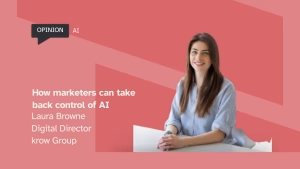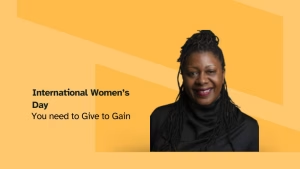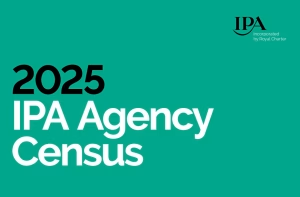The Australian View is an interview series with Australians working in the UK’s digital media and marketing industry, celebrating the people from Australia helping drive our industry to even higher levels of innovation and creativity. First up is Liam Brennan, MD, The Responsible Marketing Agency. Previously, Liam held senior agency positions at WPP’s MediaCom, Publicis’s Starcom and Dentsu’s Carat.
What are the main differences between the UK and Australian industry scenes?
The major difference I’ve encountered is scale. Scale not just in terms of the size of the market, but also in terms of the volume of partners, publishers and agencies brands could be working with, and the talent pool that can be accessed here.
This is multiplied when, like me, you’ve also had experience working on regional and global clients based out of the UK – an opportunity you rarely encounter in Australia. When I left Australia you only really had three commercial TV networks to plan against, five major digital publishers and a reasonably small (but skilled!) team to manage.
That size of media market has grown a great deal of course in the fifteen or so years since I’ve left, but every time I speak with old colleagues there, it still feels like a very small market in comparison – everyone knows everyone, and you tend to work with a much smaller volume of suppliers. As a result, I’ve found Australia is much more relationship driven market than the UK.
What have you found most interesting/frustrating about working in the UK industry?
The depth of skillset here is something I rarely encountered in Australia. Because it’s a smaller market, people tend to have ‘T-Shaped’ skillsets – you either must do multiple tasks for your team to function, or you’ve had the chance to work across several roles across in your career and develop that diverse skillset.
In the UK you tend to find more deep specialists, but often have a limited knowledge of a world beyond their specialism. I’m grateful to have started my career in Australia as I’ve been able to build a good fundamental knowledge of media and marketing whilst learning several specialisms, and it helped me grow much faster earlier in my career.
What have you most missed from the industry in Australia?
Beyond the great weather of course it’s the ability to cut through the hierarchy and the BS.
Australia really punches above its weight at award shows like Cannes, not just because there’s a strong talent pool, but also because there’s a real competitive spirit that runs through the culture. If you’re ever in a pitch or a brainstorm, everyone gets involved, job titles and experience are put to the side to get to the best, and most innovative, outcome for the client.
Afterwards everyone goes to the pub and the most junior in the agency has no fear of having a beer with someone in the C-Suite.
What is the biggest misconception about the Australian industry and market?
That Australians are not as talented as the Brits! I worked with a lot of great British talent in my time in Australia, and some of that great British talent that continues to work there! But the number of times I heard ‘In London, we did it like this…’ when presenting back work used to drive me up the wall.
The tertiary education system in Australia, particularly regarding media and marketing, is as strong if not better than the UK, and the well-rounded on the job training received in Australia makes junior to mid-level talent in that market incredibly strong. There is now of course an increasing volume of Australian talent who have spent time in New York, London, Singapore etc. returning home post-pandemic, which further strengthens that depth of the talent pool there.
What lessons can the UK industry learn from Australia?
“Have a go, ya mug!”. Every Australian you meet in the UK has upended their life and travelled halfway round the world to have a crack at plying their trade in a larger market and succeeded against the odds.
My biggest successes have come from taking a calculated risk and working outside my comfort zone. The media industry is constantly changing, and the best career opportunities always tend to fall to those who look a step ahead and take a calculated risk now and again.









